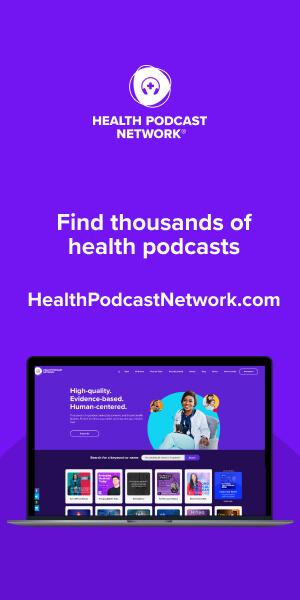In my last blog post, I discussed the NHS’ Digital App Library and its potential to lead to a “Digital Health App Prescription” in England. Which made me wonder – would something like this ever be possible in the United States?
Ultimately, the NHS Digital App Library was created to help patients make more informed decisions about the apps they choose to use for self-care. This list could potentially be used by general practitioners in a clinical setting, as they can refer to it or refer patients to it for further guidance on how to manage a patients’ condition. However, as doctor visits become shorter in length, more and more of the treatment after diagnosis is left in the patients’ own hands. Having resources, such as this Digital App Library may prove very beneficial to the general population.
Similarly, as there are challenges to creating the NHS’ Digital App Library, in the United States, there are many challenges as well.
Responsible Party
First and foremost, a single administrative and authoritative body is needed to create the library or at minimum give its stamp of approval from a clinical effectiveness perspective. In England, there is NHS Digital which has taken on that responsibility. In the US, the logical choice to fill this role would be the U.S. Federal Drug Administration (FDA).
Limited Scope
However, the FDA is “taking a tailored, risk-based approach that focuses on the small subset of mobile apps that meet the regulatory definition of “device” and that:
- are intended to be used as an accessory to a regulated medical device, or
- transform a mobile platform into a regulated medical device.
Therefore, either the FDA needs to broaden its definition or there must be another agency that steps in and grants credibility. Since not one single organization has done that yet… patients are left on their own to decide whom to believe.
Information Overload
There is no library made available to patients to access and view recommendations or apps which have been approved for clinical uses. This has allowed for a number of publications which claim to contain “digital health apps you must have” or “the best digital health apps of (insert year)”. These sorts of articles and lists are published left and right by all types of entities, none of which has any medical authority – magazines, individuals’ blogs, journals, etc.
Flawed Methodology
One of the biggest challenges is that each website, journal, blog, uses a different ranking methodology, and often it is undisclosed. Ultimately, the consumer remains in the dark as to whether the listed applications have paid for their “ranking” or to be featured in the given publication, or if there is a large sample of users surveyed, or if it is based on the “Apple App Store” or “Google Play Store” application quality rankings given by users. For example, Ranked health claims they evaluate apps based on “…clinical relevance, credibility, accuracy, and effectiveness, as well as usability and functionality, so that providers can recommend, and patient can use, condition-specific mobile apps with confidence.” Here you can find more about their approach: http://www.rankedhealth.com/approach/. Regardless, this is still a subjective method and can be flawed.
Recommendations
- To create “Digital Health App Prescriptions” there must be a central authority which evaluates, approves, and recommends apps based on factual clinical evidence almost as randomized control trials (RCTs) are used as evidence to grant approval for various medical treatments. (Stay tuned for the next blog post for further discussion on this topic: RCT methodology for approving Digital Health Apps.)
- We must be diligent as patients and especially as users of digital health apps. We must make ourselves aware of the possible biases that may be entangled in these types of rankings, etc. and also of any potential negative consequences that may result from using a given app. (Stay tuned for the next blog post for further discussion of this topic: Being good health app users and citizens.)
The “flawed methodology” and “information overload” challenges would not be problematic if the first two challenges are addressed and there is a central authority with a large enough scope to evaluate, rank, and publish digital health apps which doctors can prescribe or patients can feel assured they can use with larger benefits, and lesser side effects.
Who do you think should be the central authority to grant approval for digital health apps to enter the market? Do you think there should be a central authority, or is it better to have multiple sources of information, like today? Are there other major barriers to why it would be harder to create a “Digital Health App Library” in the US than in England?
REFERENCES:
[1] https://digitalhealthtoday.com/blog/digital-health-apps-future-prescriptions
[3] http://time.com/4662189/doctor-consultation-times-healthcare-physician/
[4] https://digital.nhs.uk/services/nhs-apps-library
[5] https://www.fda.gov/MedicalDevices/DigitalHealth/MobileMedicalApplications/default.htm#b
[7] https://www.dr-hempel-network.com/digital-health-startups/10-most-successful-mhealth-apps-in-africa/





